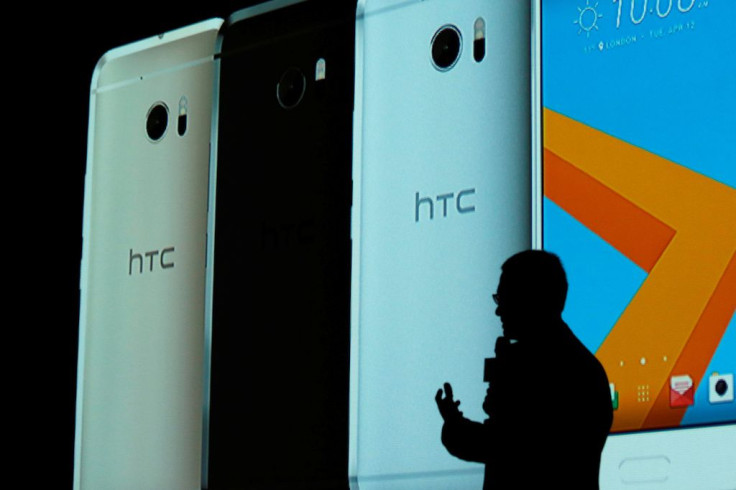HTC Announces Layoffs In The US, Merges Vive VR & Smartphone Businesses

Just last week, Chialin Chang resigned as the president of HTC’s smartphones business and now the company appears to be shifting away from the U.S. market. HTC has announced that it’s laying off a large portion of its U.S. team and that its VR and smartphone businesses are going to be merged into one.
The layoffs were first reported by Digital Trends. It’s not exactly clear how many employees HTC let go, but sources say it may have been a few dozen to “maybe 100.” HTC has confirmed that it had some “employee reductions” that were announced internally.
“We have recently brought our smartphone and VR businesses under common leadership in each region,” an HTC spokesperson said. “Today, we announced a restructure in North America for the HTC smartphone business that will centralize the reporting structure within the region. In doing so, there have been some employee reductions to align the businesses and empower the teams to share more resources.”
Although there’s no information on how many people were laid off, it does appear as though that HTC removed a huge portion of its workforce. Apparently, only HTC Global employees are the only ones remaining in the company’s U.S. office.
In conjunction with the layoffs, HTC announced that its Vive VR and smartphone businesses would be merged into one and will operate under the same leadership. When the company announced Chang’s resignation last week, it didn’t provide information on who was assuming his former responsibilities as HTC’s smartphone and devices president. No successor has been named yet as of this writing. Alvin Wang Graylin is the current China president of HTC VR and the leader of the Vive business.
This round of layoffs and the merging of its Vive VR and smartphone businesses arrive at an unfortunate time for HTC. Last month, the company reported poor sales figures with revenues down by 15 percent from December 2017 and down 27 percent year-over-year, as pointed out by Android Authority.
With this recent shakeup, HTC appears to be backing away from the U.S. market and may be trying a new strategy with its smartphone business. Although everything may look bad for HTC right now, it received $1.1 billion by selling a portion of its smartphone business to Google . The company is also expected to release two new phones soon: the flagship HTC U12 and the entry-level HTC Desire 12.
© Copyright IBTimes 2024. All rights reserved.











